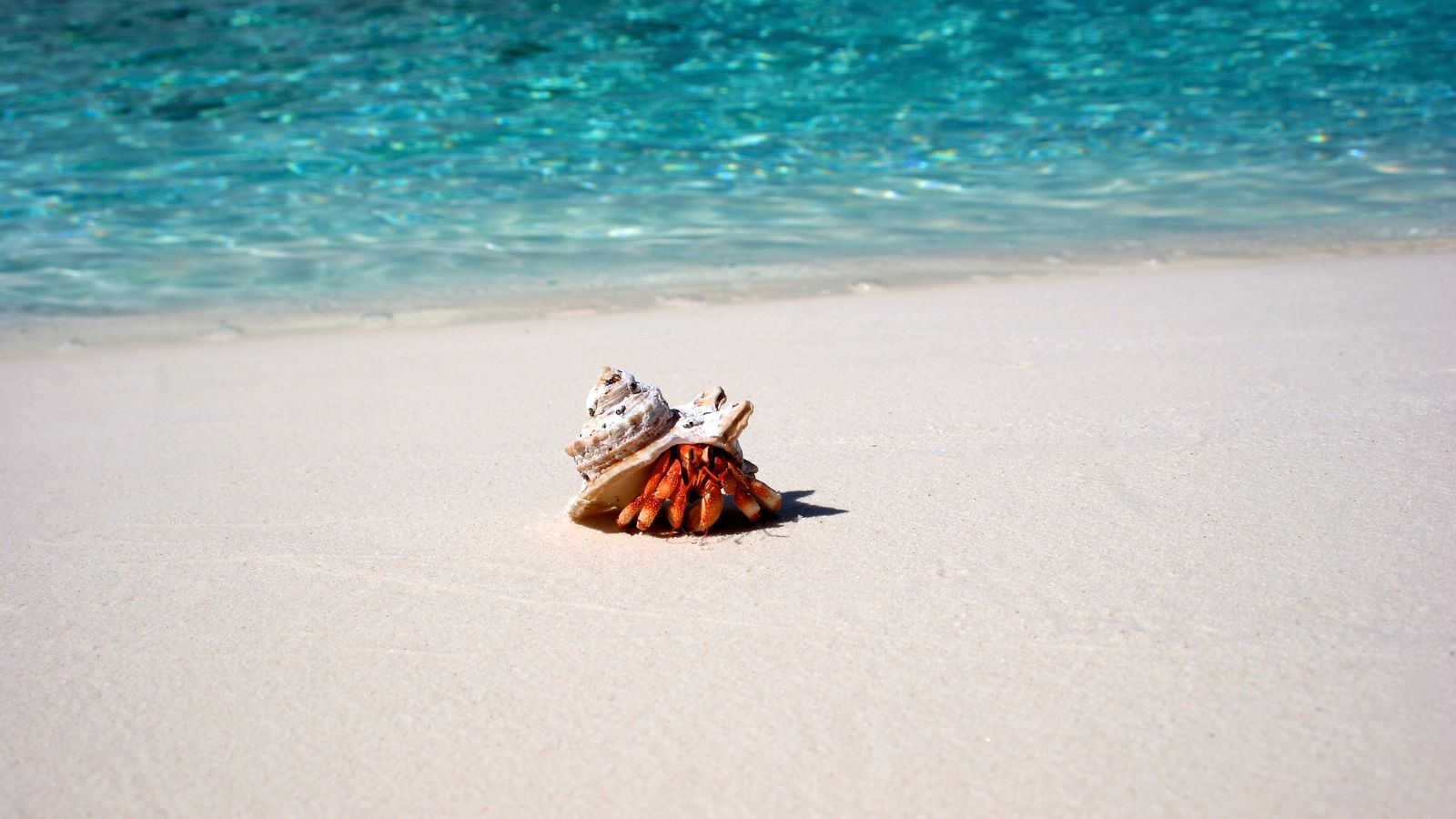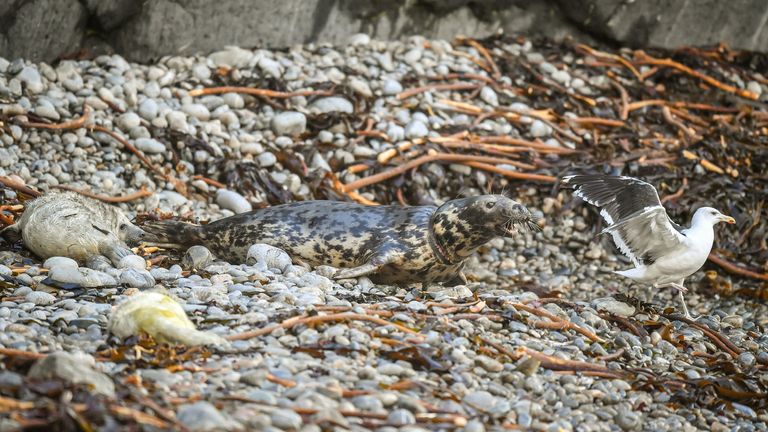Plastic waste in the world’s oceans is releasing an additive which may be “sexually exciting” hermit crabs, researchers say.
The waters off the North Yorkshire coast have been found by scientists at the University of Hull to contain a chemical called oleamide leaking from plastics.
According to the team, oleamide is increasing the respiration rate among the hermit crab population in Robin Hood’s Bay in North Yorkshire, indicating their sexual excitement.
The researchers have been studying the impact of climate change and plastic pollution on marine species.
They found that oleamide is not only causing sexual excitement among the crabs but is also being mistaken for food, encouraging the critters to travel in search of a meal only to discover the plastic.
The University of Hull said: “Love Island fever has gripped the nation in recent weeks, as romance and drama take centre stage in living rooms everywhere.
“But far away from Casa Amor, a research team at the University of Hull has been studying a very different type of attraction, happening in waters off the Yorkshire coast.
“Their conclusion? Hermit crabs may be ‘sexually excited’ by an additive released by plastics in the ocean.”
One of the researchers, PhD candidate Paula Schirrmacher, said: “Our study shows that oleamide attracts hermit crabs.
“Respiration rate increases significantly in response to low concentrations of oleamide, and hermit crabs show a behavioural attraction comparable to their response to a feeding stimulant.
“Oleamide also has a striking resemblance to oleic acid, a chemical released by arthropods during decomposition. As scavengers, hermit crabs may misidentify oleamide as a food source, creating a trap.
“This research demonstrates that additive leaching may play a significant role in the attraction of marine life to plastic,” Ms Schirrmacher added.

